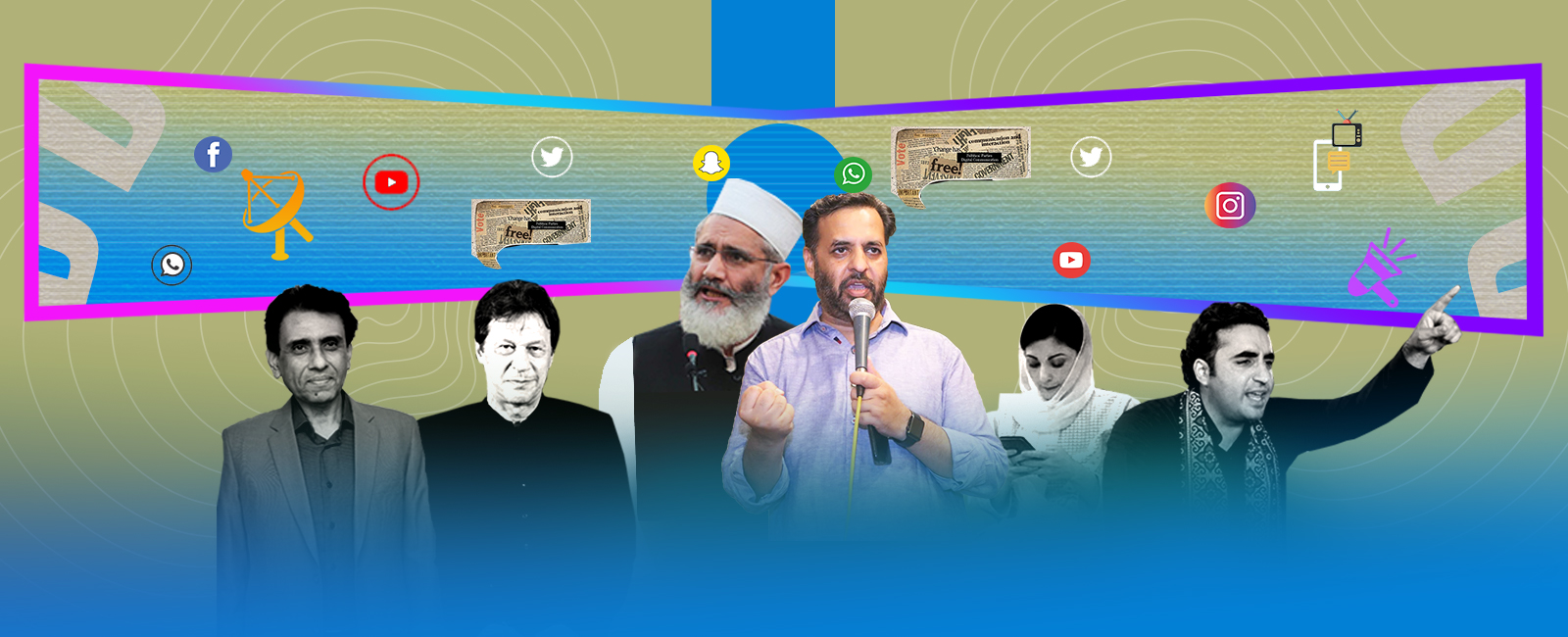PSP, JI or MQM: Which political party has the upper hand on digital media?

Karachi has been home to various political parties and mass movements against governments over the past seven six decades. The metropolis' complex politics and demography has birthed a number of political parties over the years, with each claiming its own dominion over the city.
We spoke to digital team leads of the Pak Sarzameen Party (PSP), Muttahida Qaumi Movement-Pakistan (MQM-P) and the Jamat-e-Islami (JI) to see where each party stands as far as their social media teams are concerned.
Pak Sarzameen Party
Pak Sarzameen Party (PSP) may not have yet gained a foothold in Karachi’s constituencies. However, the party, led by ex-mayor of Karachi and MQM dissident, Syed Mustafa Kamal, wants to take great strides on social media.
Kamal’s return to Karachi in 2016 and the explosive press conference against MQM founder Altaf Hussain, was enough to inspire Nadir Qureshi, founder of the online business company N2N solutions, to join his ranks.
“Any citizen of Karachi who has some civic sense was witness to the city’s destruction after Mustafa Kamal’s era as mayor ended,” says Nadir. “I was handed the responsibility to galvanise the party’s digital media presence after it lost in General Elections 2018.”
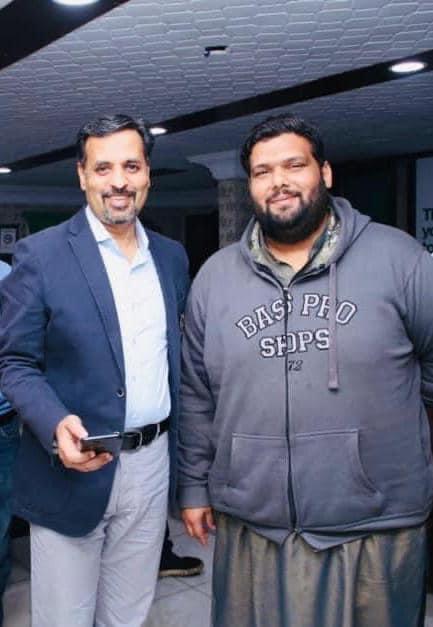
Running PSP’s digital media team is a tough task for Nadir, who looks after his clientele early morning after Fajr prayers. Around noon is when he starts off with his voluntary work.
“My core responsibility includes ensuring our hashtags are trending on social media, updating Mustafa Kamal and Anees Qaimkhani’s social media pages and ensuring that our narrative reaches our popular base,” he adds.
He says the PSP is the only political party in Pakistan that shares even corner meetings of the party on its social media pages and even updates its base on union council meetings.
PSP, according to him, is most active on Facebook and Twitter because the former “connects with the masses” while the latter is for “the news-based, informed audience”.
According to Nadir, the main challenges that come with leading the PSP’s digital media have all to do with funding. “Other political parties have ATMs. If we get even a small ATM, we can tackle other political parties on social media in a more enhanced manner,” he says.
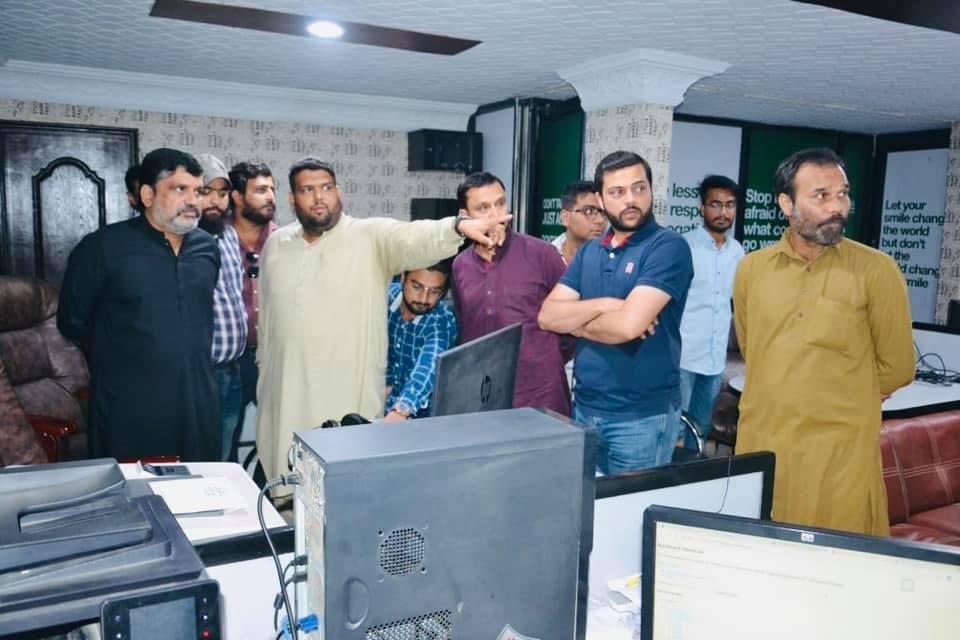
“We are limited due to funds hence the PSP is forced to go to public groups and do aggressive social media work there.”
In the days to come, his vision to enhance the PSP’s digital media includes hiring vloggers, promoting content through paid advertisements and boosting posts on Facebook.
Mustafa Kamal and social media
“There is no politician in Pakistan who understands the importance of social media better than Mustafa Kamal,” says Nadir. “He goes live on social media fortnightly to make sure the masses are aware of his message. Kamal takes a lot of interest in the findings that our digital media research and analysis team comes up with and provides his feedback on it regularly,” he adds.
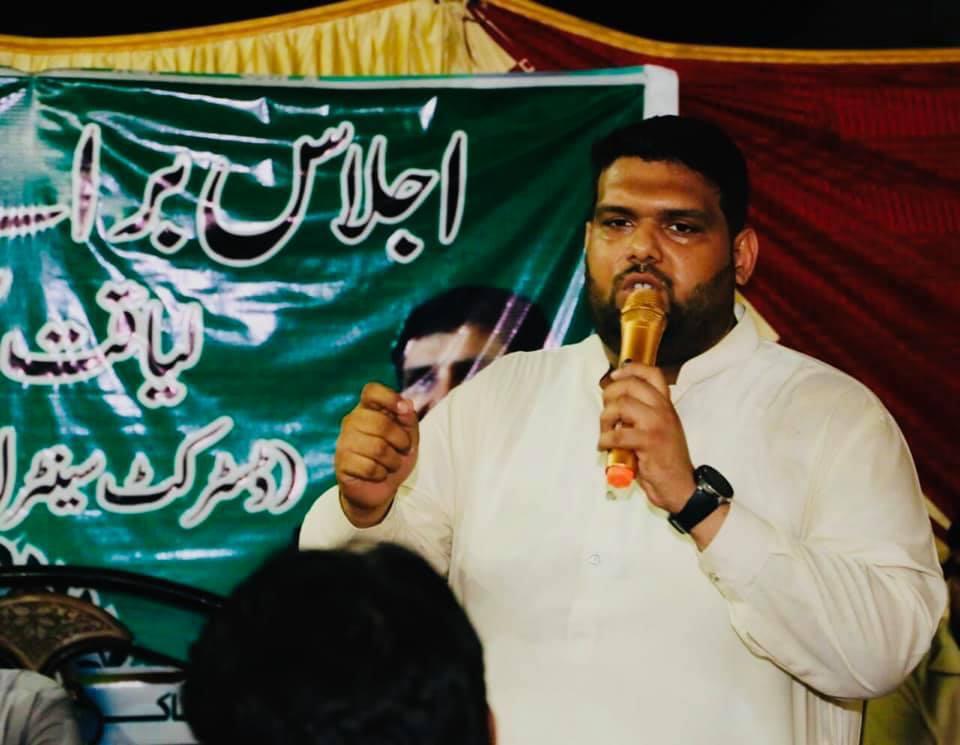
According to Nadir, Mustafa Kamal places a lot of importance on digital media. He says that the former mayor of Karachi often speaks to YouTubers and vloggers (some of whom he refused to name as they do not want to have their identities disclosed).
How is Mustafa Kamal as a person?
Nadir says he has worked with many companies and reported to a lot of bosses. However, he has never met anyone like Mustafa Kamal. “The perception about Mustafa Kamal is that he is a very aggressive person. That is not at all true. I haven’t ever met a more humble and caring person than him,” he says.
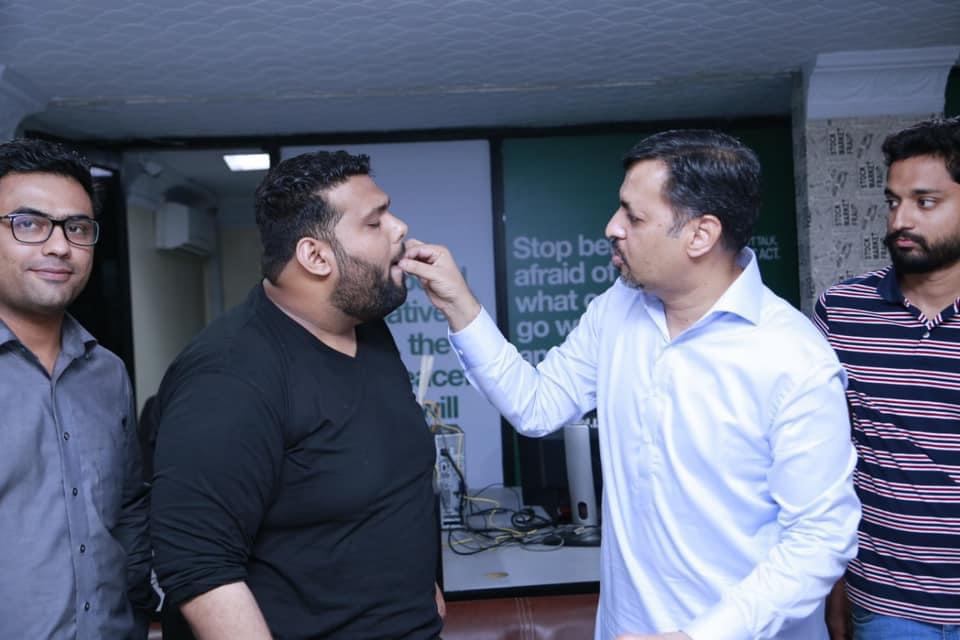
He also says he hasn’t seen a more straightforward person than Kamal.
“He is a blunt man hence he doesn’t bite his tongue for anyone,” says Nadir. “And why wouldn’t he? Kamal represents millions of people.”
When asked whether Mustafa Kamal follows any YouTubers and if he does, who are his favourites?
“He has no time for fun or entertainment,” replies Nadir.
What is PSP a digital media team’s USP?
Nadir says recently, the PTI’s social media team lead from Gujranwala joined the PSP. “The youth from the PTI are joining our ranks,” he says. “They joined the PTI and fell for Khan sahab’s golden promises. However, they got fed up of the PTI’s dirty politics and have hence decided to join the PSP.”
Nadir says the PSP, unlike other political parties, does not seek to create divisions based on caste, creed, culture or religion. Rather, he says the party focuses on uniting the masses. “We do not gain from dividing Shias and Sunnis or Sindhis and Mohajirs,” he explains. “We may be small in size and short of funds, but our vision is strong.”
Jamat-e-Islami
Shamsuddin, a journalist by profession, has been leading the digital media team of the Jamaat-e-Islami since 2012. He joined the right-wing party in 2004 and has since then served as the media secretary to former JI heads Munawar Hassan and Qazi Hussain Ahmed.
“My day begins and ends with social media,” he says. “The Jamaat has a very organized system when it comes to social media, extending right from the party’s centre to the provincial, district and tehsil-level leadership.”
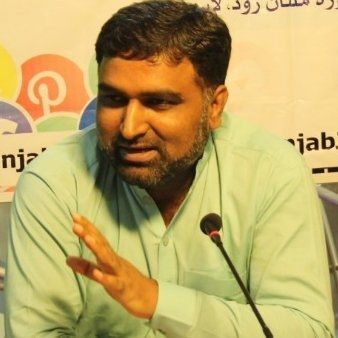
Shamsuddin says his daily work involves ensuring JI’s favourable hashtags trend on social media websites, making sure his team counters the negative propaganda perpetuated by rival political organisations and ensuring the JI’s supporters are aware of the party’s narrative.
“The JI is currently trying to wrap its head around the changing algorithm of social media websites. Every single day, social media platforms, especially Facebook, change. Our pages and active accounts are deleted. Our numerous pages’ reach also gets limited,” he says.
So what’s cooking on social media for the JI these days?
“Kashmir issue,” he says. “Ever since the August 5, 2019 [Indian attempt to annex Kashmir] issue has come forward, our party workers have taken an active and keen interest in it. The Palestine issue has also been an area of major interest for the JI workers,” he adds.
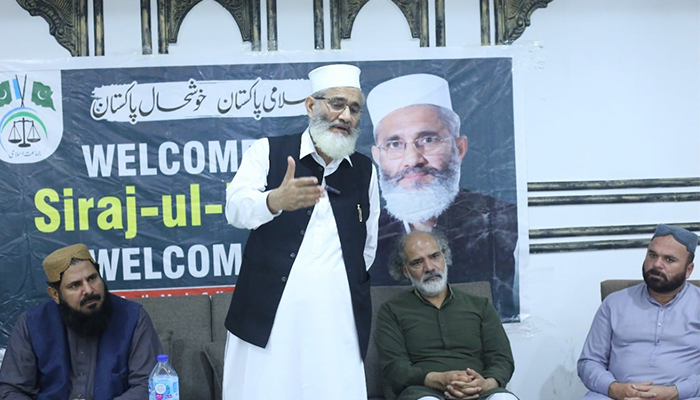
The JI digital media lead feels one of the biggest challenges for him, on social media, is to stay away from abusive language and ensure none of his teammates get caught up in it.
“The third challenge is to reach as many people as possible through our platforms,” he says.
Shamsuddin says he spends 12-14 hours on a daily basis managing the JI’s digital media affairs. He heads a team of 14 persons while there are different teams at the provincial and lower level, while thousands of volunteers help him with his daily functions.
Siraj ul Haq as a boss and as a person
“Siraj ul Haq keeps a very close eye on social media,” reveals Shamsuddin. “He stays updated with current affairs and gives his feedback regularly. As a leader, he listens to us attentively and values the opinions that team leaders give him,” he says.
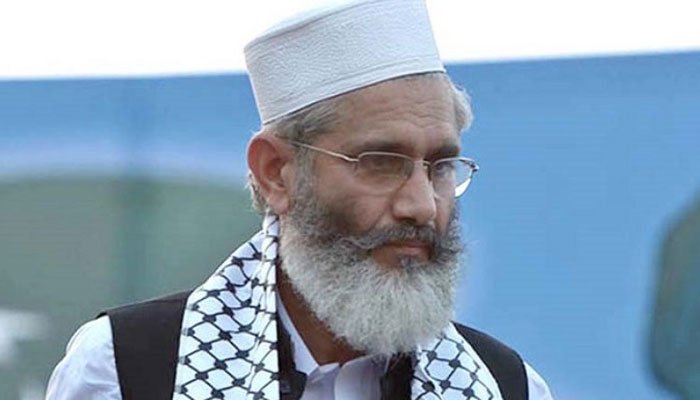
Shamsuddin says he has known Siraj ul Haq to be a person who always empathises with the destitute and stands up to oppression. “I’d like to share an example. During the coronavirus pandemic, he instructed party leaders and workers to work for the rights of transgenders. On his directives, food was given to animals as well during the lockdown,” he adds.
How does Siraj handle social media controversies?
It doesn’t take Shamsuddin long to answer that question. “He ignores them,” he says, adding that, unlike other politicians, the JI chief is not tainted with scandals of corruption, money laundering or that no one can accuse him of promoting dynastic politics.
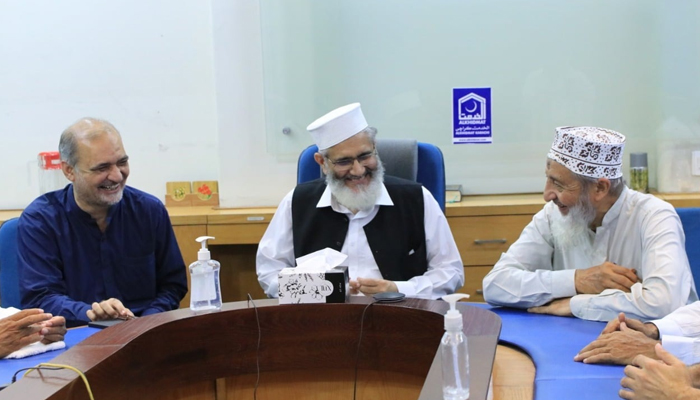
“Hence, time and again, political rivals accuse him of being a hypocrite.
In response to a question, the JI’s digital media team head says if the party comes to power, it will grant social media creative freedom. “Our government will use social media to improve Pakistan’s economy and use it to provide people employment,” he says.
So what sets the JI’s digital media team apart from other political parties?
Shamsuddin says the JI, unlike all political parties in Pakistan, does not abuse rival political parties or its members. He says the JI mainly focuses on promoting its own ideology, which other political parties hardly do anymore.
“Moreover, we focus more on highlighting our positive aspect and showcasing our political activities,” he adds.
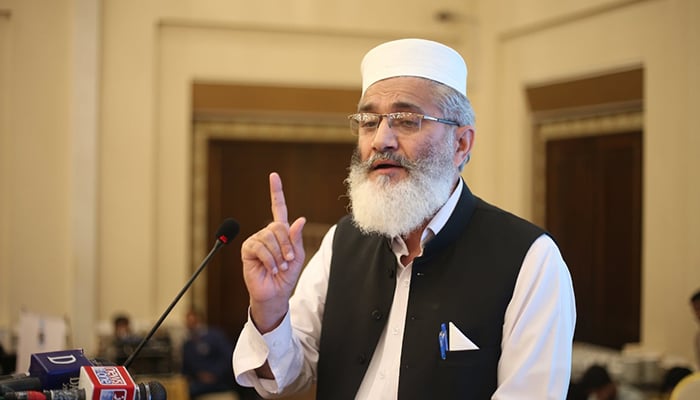
Are the accusations against JI digital team members true that they abuse political opponents on social media and consider themselves better Muslims than others?
“Absolutely not,” he says. “And for the JI’s digital media team, I can say for a fact that that is not true. Whenever any complaint comes to light, immediate action is taken,” he says.
Shamsuddin dismisses the notion that JI’s digital media team members consider themselves better Muslims than others, adding that this is “propaganda” that has its roots in history, when ideological politics of the right and left were on the rise.
Well, what if someone violates the JI’s social media policy? “We issue show-cause notices to them and if they persist, we expel them from the party,” responds the JI digital media team lead. “However, this rarely happens.”
Muttahida Qaumi Movement-Pakistan
Tanzeel Rauf Patker heads the MQM’s digital media cell and professionally, owns his own digital ad agency known as TMA (The Marketing Arm).
“In Pakistani politics, there is no start or end of the day,” says Tanzeel when I ask him how his day goes. “We all work 24/7. In MQM, we are not hired. We are all working here as volunteers. I have been a part of the MQM since my childhood.”
A digital marketer by profession, Patkar believes party chief, Dr Khalid Maqbool Siddiqui is a “true leader who runs the show from front and has a vast vision for MQM and Karachi.”
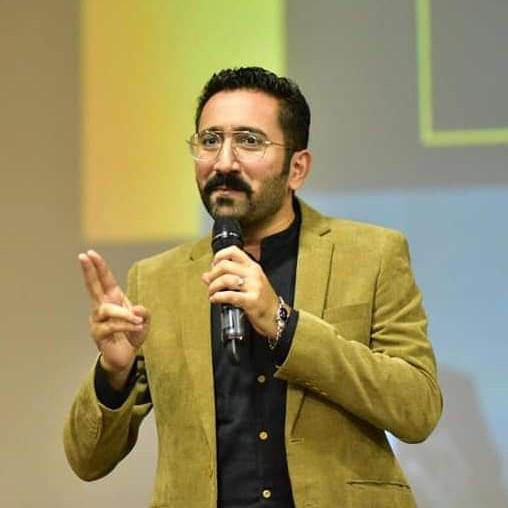
When asked how does the party chief deal with controversies, Patkar says he isn’t involved in any controversies.
MQM is currently active on Facebook, Instagram, and Twitter, where it shares the party’s vision through social media posts and videos. Made up of 10 central committee members, the digital media works nine to 11 hours a day to push the party’s vision. This is important because Patker, like Siddiqui, believes that digital media is the future. “We have a strong belief that digital media would soon become the leading platform to push your message out from.”
Responding to a question about how his party deals with accusations of the MQM’s social media team and its followers of misbehaving with others, Patker says his party welcomes criticism as it helps MQM iron out the kinks and lets the party update its policies.



